UCI finds no evidence of mechanical doping at the Tour de France
'The objective is to eliminate suspicion' says Lappartient
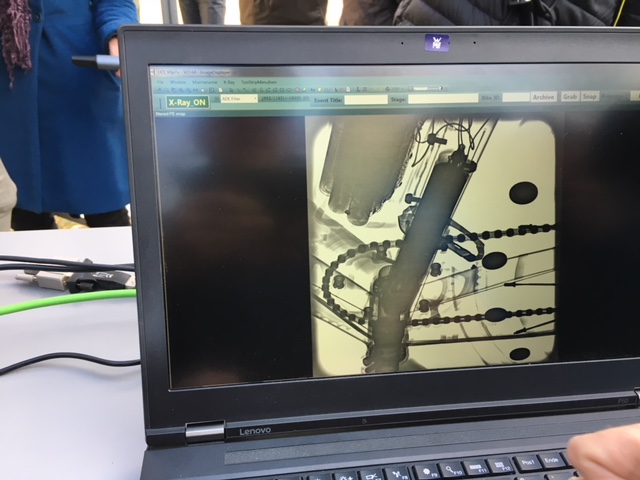
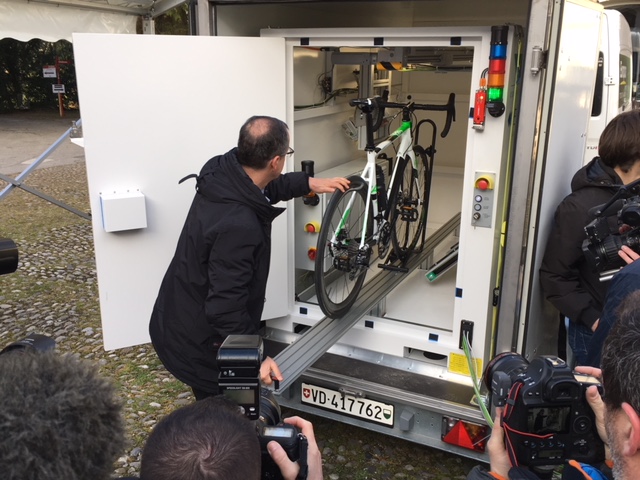
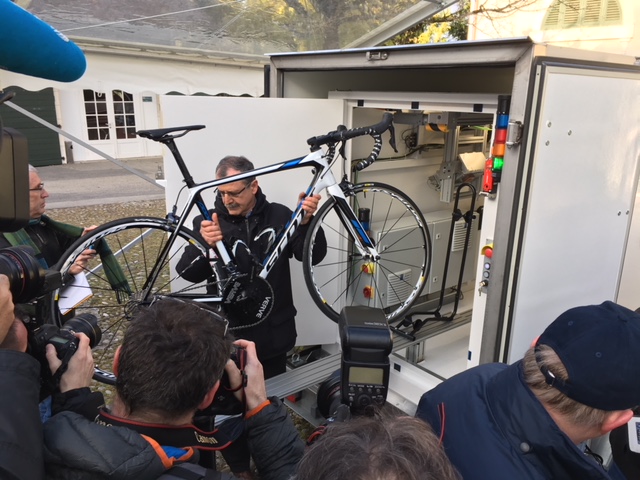
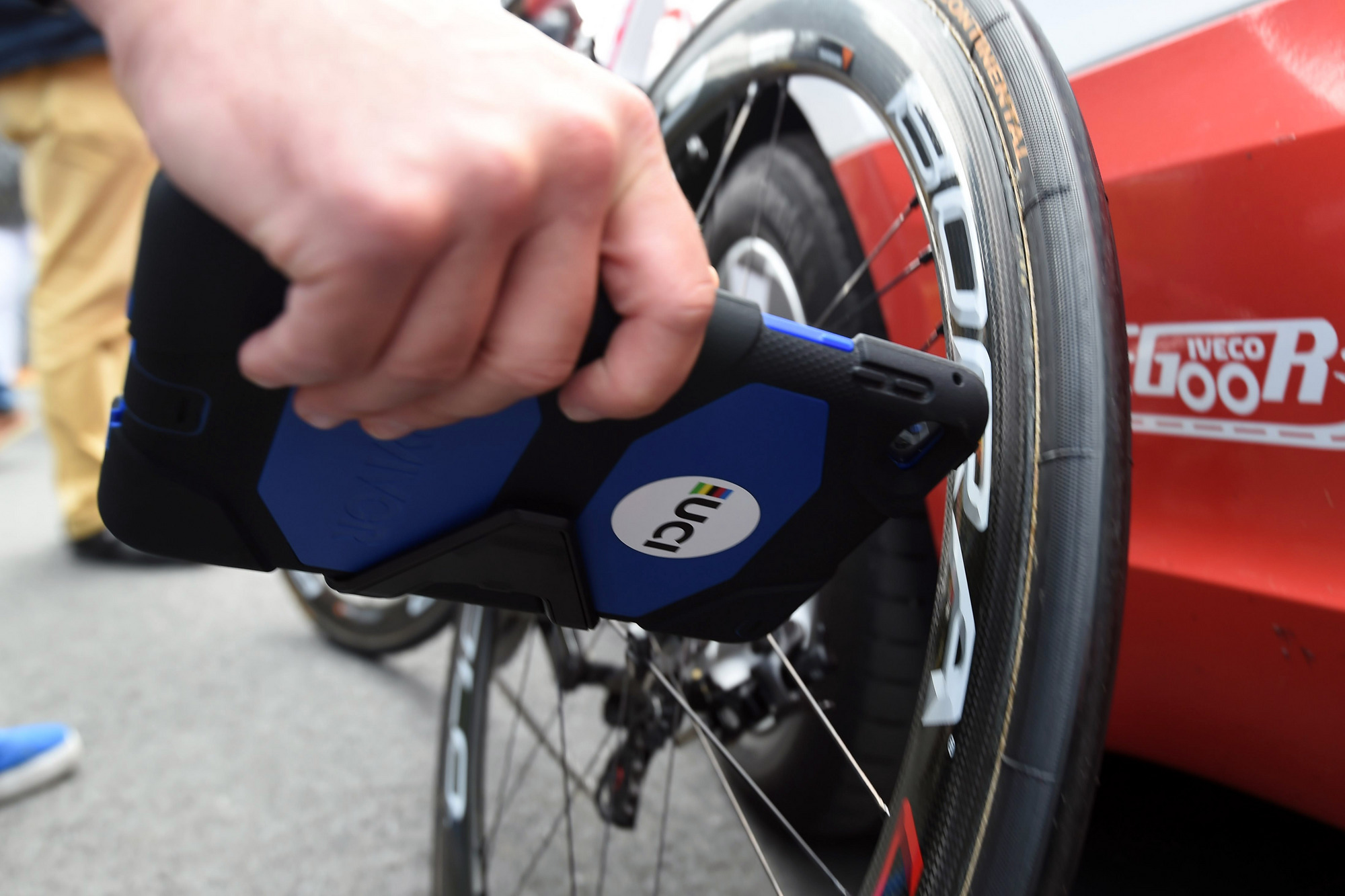
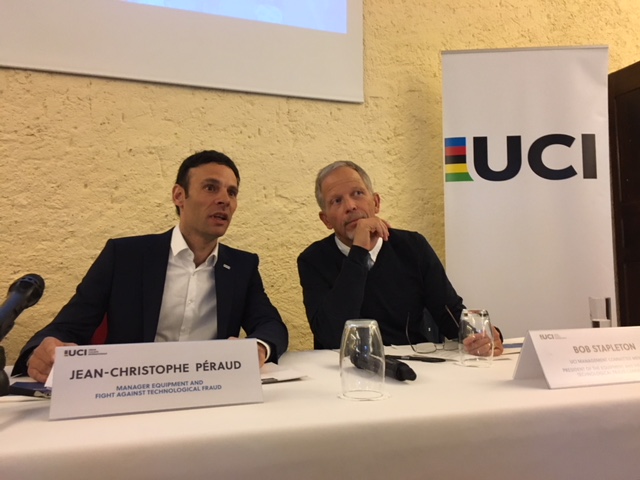
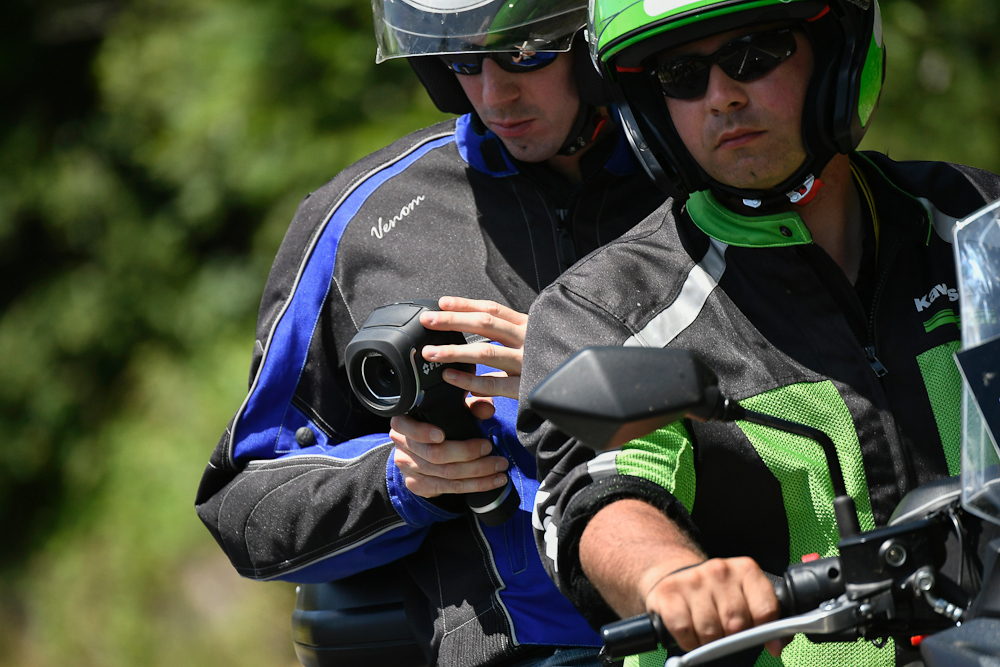
The Union Cycliste International (UCI) has confirmed it carried out a multitude of tests for mechanical doping at the Tour de France, including 164 X-ray tests of race bikes, with all the tests negative.
Mechanical doping: A brief history
Mechanical doping: Voeckler 'wouldn't be shocked' if Lance Armstrong had used a motor
UCI introduces mobile X-rays and thermal imaging cameras to fight mechanical doping
UCI confirms Chris Froome's bike X-rayed for mechanical doping after Giro d'Italia solo win
X-rays, thermal cameras, bike tags part of fight against mechanical doping at Tour de France
The UCI was forced to step up its fight against mechanical doping after French television raised doubts about the validity of the tablet device that was first introduced by former UCI president Brian Cookson when a rudimentary motor was discovered during the 2016 Cyclo-cross World Championships in a the bike of Belgian U23 racer Femke Van den Driessche. She was later banned for six years. The latest advances in mechanical doping are believed to include electromagnetic wheels.
In March, new UCI president David Lappartient announced the UCI had beefed up its strategy to fight mechanical doping, presenting a special mobile X-ray cabinet in Geneva and promising that thermal imaging cameras will also be used. The UCI also introduced a VAR (Video Assist Referee) that studies all the television images of a race that helps the UCI race judges spot any suspicious bike or wheel changes.
"The Union Cycliste Internationale can today confirm that it carried out rigorous testing during the 2018 Tour de France as part of the fight against technological fraud," the UCI said in a press release on Monday. "The tests were carried out using different technologies – magnetic scanning, X-rays and thermal imaging – before, during and after the stages, throughout the three weeks of competition. Every one of these tests came back negative."
Over the three weeks of racing, 2,852 total tests were carried out - at the start of all 21 stages - using magnetic scanning technology, a method introduced by the UCI for the first time at the Tour de France in 2016.
At the end of stages, 164 tests were carried out using X-ray technology. Between five and 10 bikes were tested at each stage, including those of the stage winner and the yellow jersey holder. Further tests were carried out during the stages using thermal imaging cameras."
Cyclingnews observed the testing during the Tour de France and spoke to new head of UCI Equipment Christophe Péraud, who finished second to Vincenzo Nibali in the 2014 Tour de France. The X-ray testing was done with the UCI's specially created mobile unit parked in the protected anti-doping compound near the finish line. Many of bikes tested belonged to the riders selected for anti-doping controls. A special motorbike carrying a manually operated thermal camera was occasionally seen checking riders for mechanical doping during the racing.
Get The Leadout Newsletter
The latest race content, interviews, features, reviews and expert buying guides, direct to your inbox!
The UCI revealed that it began testing a tracker device that can supposedly detect the magnetic fields created by hidden motors. That programme has been created with the Department of Technological Research at CEA Tech (the French Atomic and Alternative Energies Commission).
The eventual aim is to develop a 'tracker' that can be placed on all bikes in the peloton. The first test phase, carried out at the Tour de France in collaboration with several teams, involved detecting magnetic signals.
"I would like to congratulate my UCI colleagues and the UCI Commissaires for their effort and involvement over the last three weeks, during which time an enormous number of bikes have been tested," Lappartient said.
"The objective is to eliminate suspicion and to show the public and all of cycling's stakeholders, including investors, that our sport is credible. We will continue to work in this regard, to ensure that cycling's positive reputation is guaranteed."